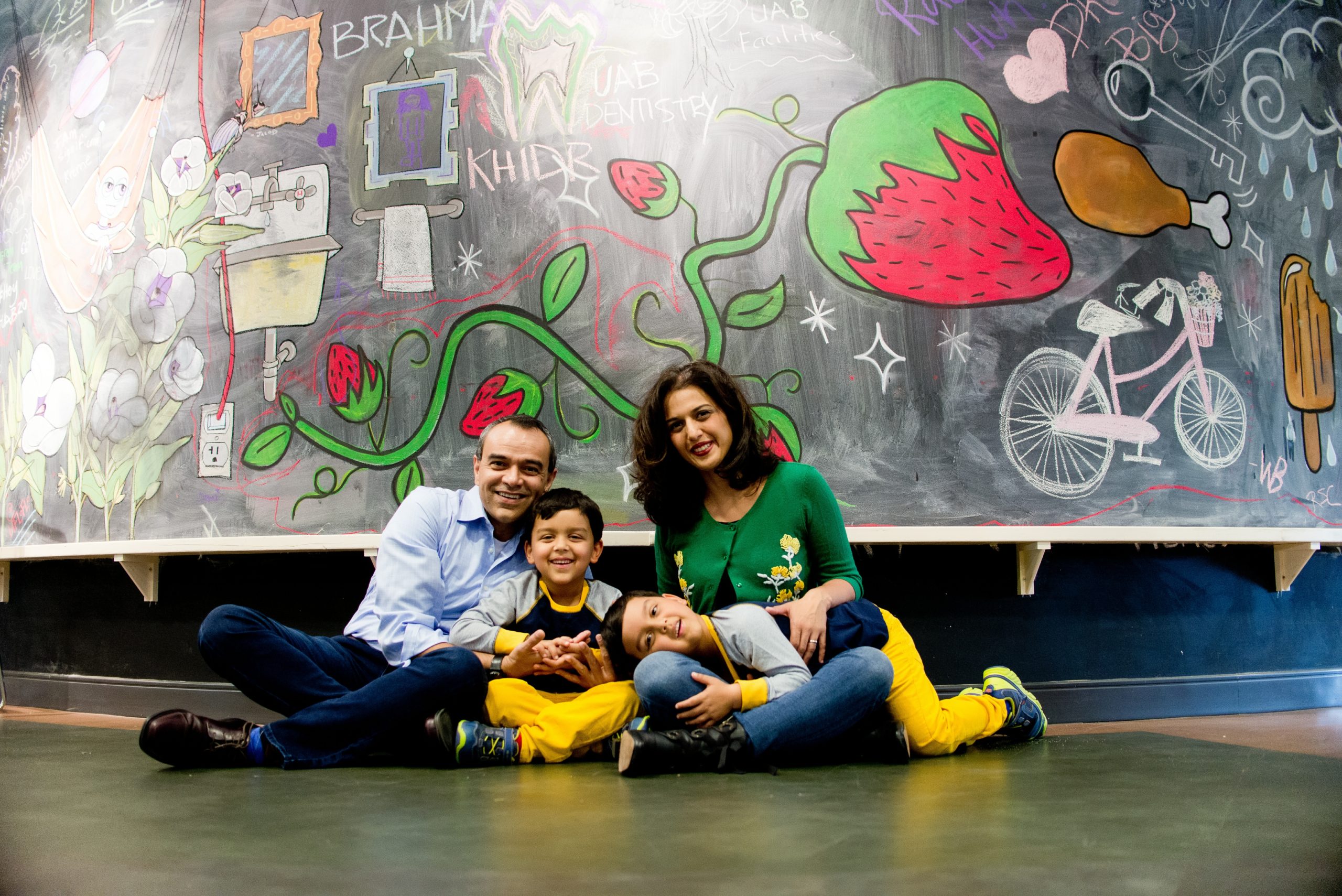As CEO of CerFlux, Karim Budhwani emphasizes personalized cancer treatment. His company uses new technology that aims to minimize both costs and side effects for cancer patients.
“Cancer is personal, but treatment is not personalized,” Budhwani explains. “Our goal is to build a seamless solution that quickly and clearly separates optimal from ineffective options, so doctors can successfully treat the disease.” Last year, the company won a $50,000 grant from Alabama’s Launchpad competition.
Karim Budhwani Minimizes Pain and Cost of Cancer
Estimated national expenditures for cancer treatment in 2017 reached $147.3 billion in the US, and 3 out of 4 cancer patients’ first treatments drugs do not work due to the lack of personalization. Budhwani hopes that his rising method of testing can bring those numbers down.
CerFlux works like “a miniaturized tic-tac-toe grid” where a different treatments apply to a sample of a patient’s tumor simultaneously. Thus, the method spares patients from taking a multitude of ‘test’ medicines that may be ineffective. It avoids both the hassle of changing medications, and many grueling side effects.
In addition to minimizing the pain of finding the right the medication, CerFlux’s method saves both time and money for care providers and cancer patients alike. This technology requires less tissue and time than its predecessors, as it tests multiple variables at once.
A Family Affair
While Budhwani attempts to #CrushCancer with CerFlux, he has not abandoned his other achievements. For more than two decades, he has acted as CEO of elixir international. This software company strives towards greener, more efficient use of technology.
He also stays involved in the Birmingham, Alabama, community alongside his wife, Henna Budhwani, who recently received a $900,000 grant from the National Institute of Mental Health. While Karim looks to crush cancer, Henna’s research focuses on HIV prevention in Alabama, where the rates of undiagnosed HIV infection have reached crisis rates.

Their two “rambunctious” 8 years old boys keep Budhwanis busy. Nevertheless, they have both maintained a significant presence in the Birmingham scientific and educational communities.
STEAM and Nanotechnology: Karin Budhwani’s Other Ideas for the Future
While juggling multiple companies and a thriving family, Budhwani still manages to think of the effects of technology. Even his own work in efficiency and automation may have negative effects on society.
His solution: STEAM. The name refers to both STEM (Science, Technology, Engineering, and Mathematics), as well as “leadership, ideation, ethics, philosophy, physical and social sciences, fine arts, empathy and balance.”
Budhwani posits that an education focused on these things now would allow for a higher skilled workforce in the future. This alleviates concerns about AI replacing many jobs.
Follow CerFlux’s latest on their Twitter page, or with their hashtag #CrushCancer.



